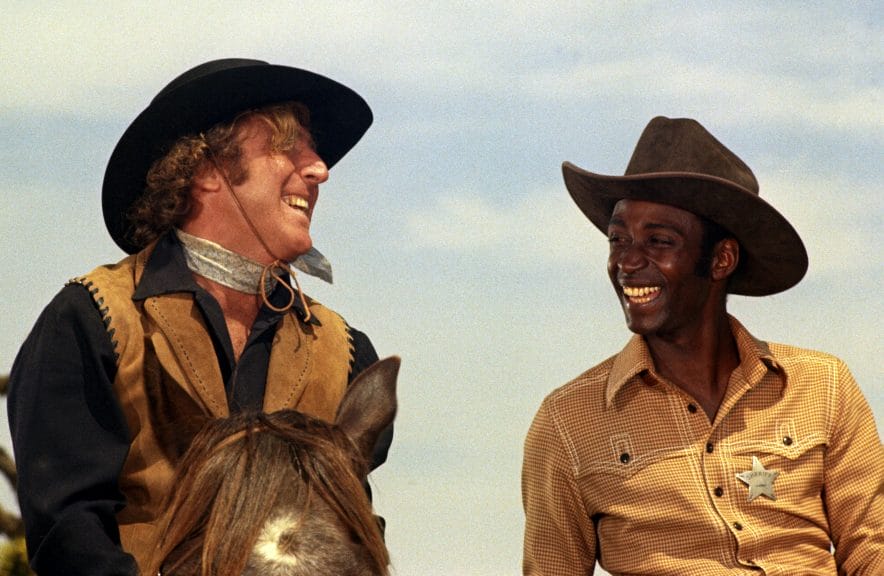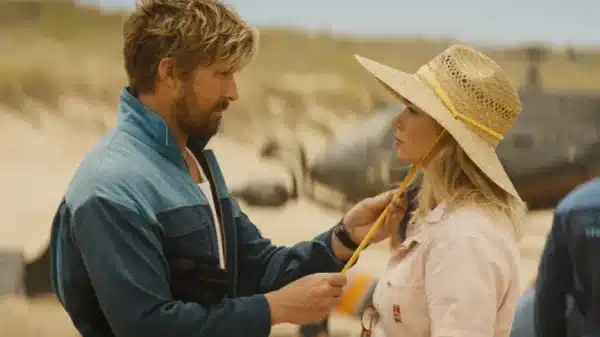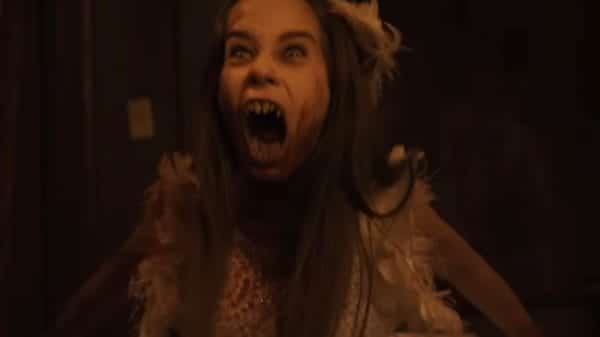“You couldn’t make Blazing Saddles today”, a sentiment that echoes throughout online comment sections, lambasting comedy’s fall to “wokeness”. Though proclaimed fans of these works, these attitudes don’t seem to understand the intentions of parody.
Blazing Saddles, directed by Mel Brooks in 1974, parodies the classic Western through its outrageous premise and script. With its plot centered on a Black sheriff intentionally appointed to upset town folk, stereotypes are utilized to undermine these very tropes. This ultimately elevates the most important element of the film: its commentary on race relations in America.
The intentions and imperfections of ‘Blazing Saddles’
While most genuine qualms concerning the film reflect its pacing and often tarried bits (I’m looking at you, the Campfire Scene), its language choices most considerably date it. Of course, certain individuals tend to conflate the film’s intentions with these crude and offensive aspects.
In his 1974 review of the film, Roger Ebert defined Mel Brooks as someone “who can literally get away with anything — say anything, do anything — and people will let them.” This attitude still rings true to this day through his evident continued popularity. Brooks’ ability to “get away with it,” however, is not one from luck or even charm, although that helps. It’s instead his deep understanding of social failings and calculative manipulation to critique them through over-exaggeration.
The stereotypical depictions and slurs in Blazing Saddles are not where their humor stems from. The film never presents racism and sexism as inherently funny. Instead, it contends that those who hold these perspectives should be made fun of. By mocking bigoted perspectives, the film exposes the absurdity of these beliefs.
So why has it become the poster child for “anti-wokeness”?
Like all of Brooks’ works, Blazing Saddles is not subtle in its targets and purpose. Many of his works have sadly fallen to a fate of misunderstanding despite their apparent directness. Some interpret the portrayal of the film’s clear villains as representation. Though Brooks intends to address these discriminatory beliefs, the interpretation that this acts as an endorsement of such behaviors is sadly not uncommon.
Contemporarily, this phenomenon has found itself in the fandoms of films like Joker (2019), American Psycho (2000), and Fight Club (1999). While not comedies, they, too, satirize cultural biases and prejudices, in this case, misogyny and toxic masculinity. Despite this, some fans of these works miss the nuances of these films’ objectives. To many, these are not critiques but long-awaited representation.
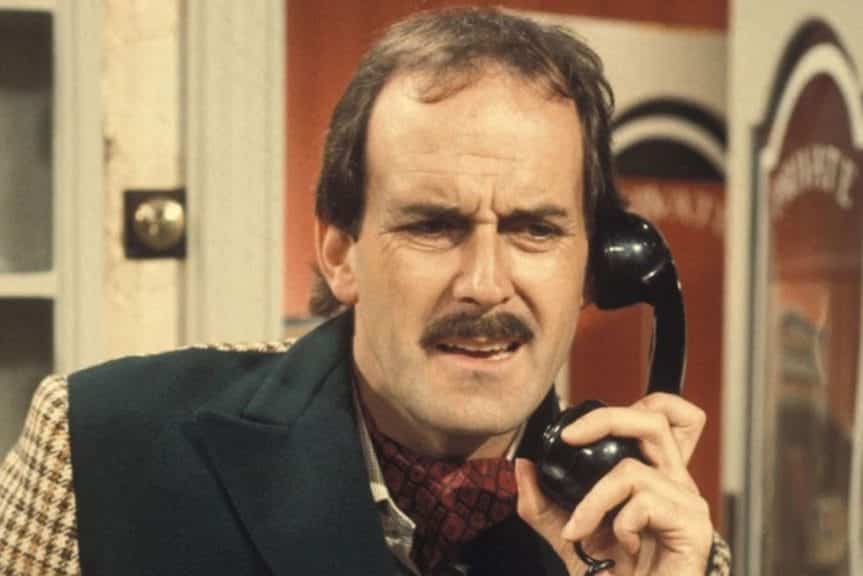
The Death of Comedy or the Death of the Slur?
John Cleese recently worried that this new progressive outlook would bring on the “death of creativity”. A contemporary of Brooks and similar in his mastery of parody, Cleese has presented himself as an opponent to “wokeism.” When questioned further regarding comedy’s relationship to “political correctness,” Cleese has stated, “If you put nonsense words into the mouth of someone you want to make fun of, you’re not broadcasting their views; you’re making fun of them.”
Like Brooks, Cleese’s work often proves depiction is not promotion. In his statement, however, Cleese also contends that hateful language should continue in usage for comedy’s sake. To him, the use of slurs in parody is the same as the portrayal of idiocy.
Though Cleese has aligned himself with the concept that parody is to target the absurdities of life, such as the irrationality of hatred, his advocation for the continued use of slurs detracts from this perspective. Writing and performance typically define the backward and hateful views of characters as hyperbolic, which diminishes their power. Slurs, however, lack such nuance when not said by those they affect, ultimately leading to their utterances directly contributing to their promotion.
When Parody Ignores Its Roots
The popular use of such language in satire could be argued to have diminished the reception of the genre in recent years. Brooks and Monty Python have both achieved commercial and critical success with their works. However, those who have attempted to replicate this genre in recent times seem to have misunderstood the intentions behind the parody.
The parody movie dominated the 90s and early 2000s box offices. Not Another Teen Movie and the Scary Movie series were incredibly popular, yet they lacked substance and, subsequently, jokes that have continued to hold up. Rather, the humor in these films is often reliant on the ridicule of characters who differed from the norms of the time.
Unlike its predecessors, these jokes weren’t a tool to contest a larger problem. Instead, they were cheap laughs that reinforced backward ideologies. While popular at the time, the misunderstanding of satire’s purpose by these films may have led to disinterest in the genre in recent years.

Can Parody Avoid Misunderstanding?
While the 90s and 2000s parodies tended to rely on shock over substance, this has detracted from their continued legacy. Recently, we’ve seen a return to the popularity of satirical films, yet with some slight changes. While traditionally thought of as simple, these modern parodies combine critique, competence, and compassion toward current issues.
The Oscar-winning Jojo Rabbit addresses the horrors of World War II and fascism through deliberate analysis. 2019’s The Art of Self-Defense tackles the obsession with violence and allowance of sexism in male-dominated spaces. Bottoms, one of the year’s most popular films, examines femininity and queerness through absurdity. These styles of parody have even found their way into popular shows like The Boys and Always Sunny in Philadelphia. Despite the shocking way they satirize, they challenge regressive values while featuring a variety of identities, gaining devoted and diverse audiences.
Even this year’s release of Brooks’ long-awaited sequel to 1983’s History of the World, Part I, the aptly named History of the World, Part II, has benefitted from this treatment. While possibly not as refined as the titles above, its choice to reflect contemporary attitudes doesn’t detract from its comedy. Instead, the absence of dated conventions highlights the film’s humor, allowing viewers to receive the film’s intentions more effectively.
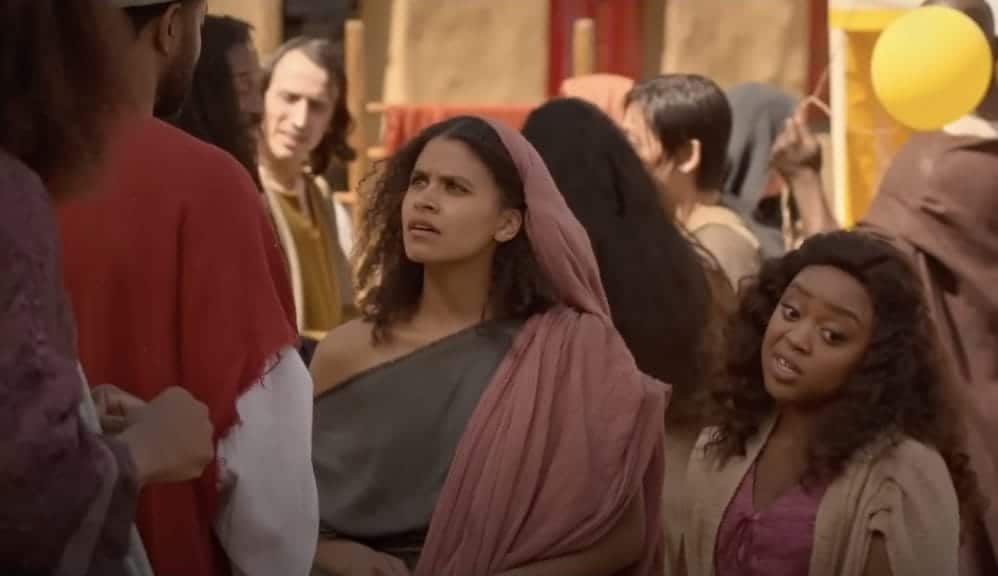
What is the Future of Satire?
Blazing Saddles has always been “woke,” but it also has never been “politically correct”. It intends to offend, but specifically through critiquing bigotry. While its shortcomings are derived from outdated language and stereotypes, its place as an iconic piece of parody is through its dismantling of conservative values and views. It’s scandalous and shocking yet it consistently targets those who benefit from racial prejudice and unfair systems of power.
Good satire does not attack those already victimized. Instead, it targets the idiocies of the socially accepted. This concept enhances Mel Brooks’ best works, but obsolescent cliches and language also blemish them. Their place as revolutionary satire, however, has lent itself to the works of contemporary comedic filmmakers. With recent satirical films becoming increasingly perceptive and critical, we should expect to see more inclusive stories.
Hopefully, those whose comedy benefits from their progressive and tolerant attitudes. As for those who continue to conflate depiction for acceptance, however, we can only hope that they learn to become more media literate.


